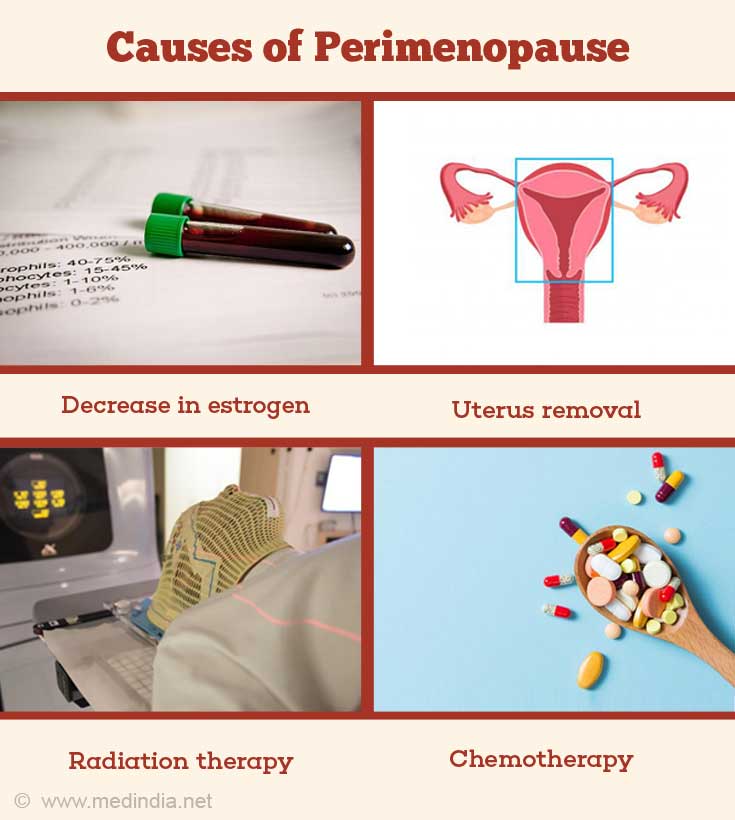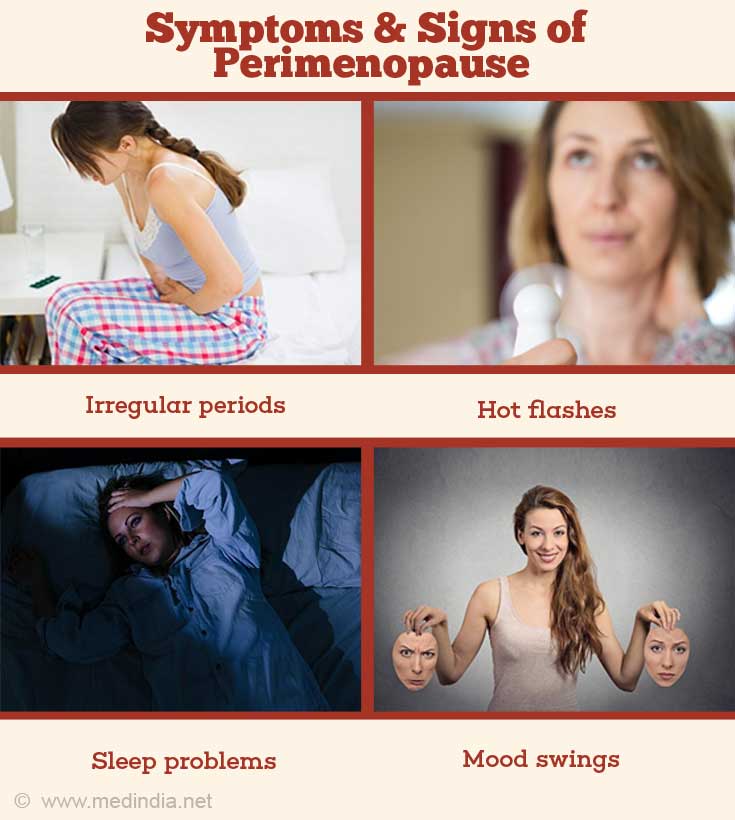- National Institute of Aging-What is Menopause - (https://www.nia.nih.gov/health/what-menopause)
- Womens health research Institute- Effect Of Perimenopause On Cognition - (http://menopause.northwestern.edu/content/effect-perimenopause-cognition)
- Office on Womens Health- Menopause Treatment - (https://www.womenshealth.gov/menopause/)
- Cleveland Clinic-Menopause, Perimenopause, and Postmenopause - (https://my.clevelandclinic.org/health/diseases/15224-menopause-perimenopause-and-postmenopause)
- Womens health research Institute -How Hormone Depletion Affects You - (http://menopause.northwestern.edu/content/how-hormone-depletion-affects-you)
- The Impact of Menopausal Symptoms on Quality of Life, Productivity, and Economic Outcomes - (https://www.ncbi.nlm.nih.gov/pmc/articles/pmc3820128/)
- National Collaborating Centre for Women's and Children''s Health (UK) - Diagnosis of perimenopause and menopause - (https://www.ncbi.nlm.nih.gov/books/nbk343466/)
What is Perimenopause?
Perimenopause is a transition phase which begins several years before menopause. Perimenopause means “around menopause.” Many of the symptoms you experience are because of decreasing levels of the hormone estrogen
Perimenopause usually starts around forty years of age and lasts until menopause, the time when the ovaries stop releasing eggs. Perimenopause ends when a woman has not had periods for at least twelve months.
In the last one to two years of perimenopause, the estrogen levels are very low and many women experience menopausal symptoms such as hot flashes. Since, women are still having menstrual cycles during this time, they can still get pregnant. For most women, perimenopause is a completely normal process and may last from few months to few years.
During the perimenopausal transition, the body’s production of hormones, estrogen and progesterone varies greatly. This results in the bones becoming more vulnerable to fractures and changes in fat cells makes women gain weight more easily.
What are the Causes of Perimenopause?
- Decrease in estrogen and progesterone levels.
- Hysterectomy - Perimenopause may be triggered by a hysterectomy (uterus removal) or surgical removal of the ovaries.
- Family history - Women with a family history of early menopause are more likely to experience early perimenopause.
- Radiation therapy - Pelvic radiation for cancer treatment has been linked to early menopause.
- Chemotherapy - Treatment of cancer with drugs may result in early perimenopause.
- Smoking - The onset of menopause occurs earlier in women who smoke than in women who don't smoke.
- Spontaneous premature ovarian failure.

What are the Symptoms & Signs of Perimenopause?
- Irregular periods. There is variation in the time interval between periods and quantity of flow as ovulation (monthly release of eggs from ovaries) becomes more unpredictable.
- Hot flashes - Hormonal changes cause the body to become less efficient at regulating its own temperature, which leads to intense feelings of heat. This is usually followed by large amounts of sweat production as the body tries to cool down.
- Sleep problems - These problems are often due to hot flashes or night sweats and these can increase feelings of fatigue.
- Mood swings.
- Depression - Estrogen regulates the production and release of endorphins and serotonin that regulate mood. When estrogen levels are fluctuating, this can lead to low mood and feelings of depression.
- Fatigue.
- Pain during sex due to decreased lubrication and elasticity of the vagina.
- Urine leakage when coughing or sneezing.

What are the Consequences of Perimenopause?
- Due to decreasing estrogen levels, women are put at an increased risk for cardiovascular diseases such as heart attacks and strokes.
- There is an increased risk for low bone mineral density, osteopenia and osteoporosis leading to an increase in the risk for fractures and other injuries.
- The reduction of estrogen at menopause also decreases the moisture content and elasticity in the skin leading to dryness and itching. There is an increase in the wrinkling and sagging of the skin, along with increased susceptibility to bruising.
- Results show that women suffering from early perimenopause have forty percent increased risk of poor performance on verbal fluency and visual memory tasks, compared to those who experienced menopause at or after the age of 50.
- Women who underwent premature menopause also were associated with a thirty five percent decline in psychomotor speed.
- Estrogen depletion can bring on a combination of hormonal and biochemical fluctuations that can lead to changes in your brain and nervous system. You may experience mood swings, memory loss, problems focusing, irritability, stress, anxiety and depression.
- Estrogen depletion may also influence one's risk for the development of Alzheimer's disease according to some studies.
- Your reproductive ability decreases and estrogen depletion can cause the lining of your urethra and vagina to become drier, thinner and less elastic. This can lead to an increased risk of urinary tract infections (UTIs) and involuntary leaking of urine when coughing, sneezing, laughing or lifting heavy objects.
How do you Diagnose Perimenopause?
The doctor will mostly make the diagnosis of perimenopause based on your symptoms. A blood test to check your levels of follicle stimulating hormone (FSH) and estrogen may also be advised.
Tests such as a thyroid function test, liver and kidney function tests or a lipid profile may be done to rule out other conditions such as a thyroid problem which may be a cause for irregular periods.
How can you Treat Perimenopause?
Some women pass through the perimenopause phase without any problems and do not require any treatment but if your perimenopausal symptoms trouble you, the following treatments may be suggested:
- Low dose birth control pills – Combination birth control pills, progesterone injections, vaginal ring or skin patch may help relieve perimenopausal symptoms.
- Hormone replacement therapy - This form of therapy can raise your risk for blood clots, stroke and some cancers. It is advisable to use low doses of hormones and for the shortest amount of time to avoid the side effects.
- Over the counter (OTC) products - Estrogen creams, tablets or rings can treat vaginal discomfort and make sex more comfortable.
- Regular exercise - This helps tone the muscles, increase metabolic rate and prevent weight gain. Try to maintain a healthy weight.
- Drink less alcohol and avoid smoking.
- Get sufficient sleep. Try to set up a regular sleep routine by going to sleep and waking up at the same time each day.
- Vitamins and supplements - Vitamin B complex, vitamin E, vitamin C, magnesium and zinc are useful to help balance the hormone levels in your body.
- Antidepressant medications - These may prove useful in controlling mood swings and anxiety.
- Natural remedies - Foods high in phytoestrogens such as tofu and flaxseeds as well as natural remedies such as dong quai and black cohosh have been found to ease menopausal symptoms.








